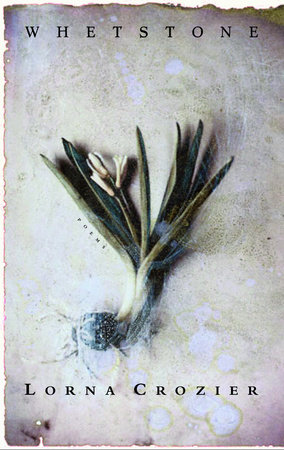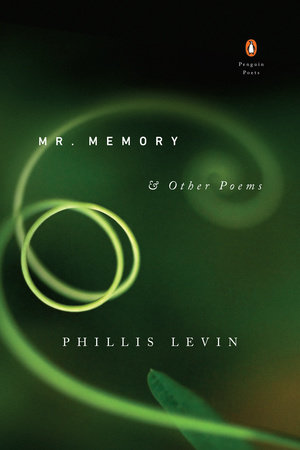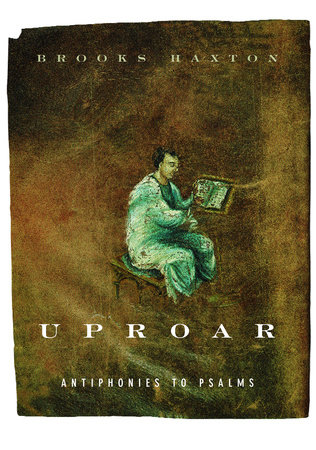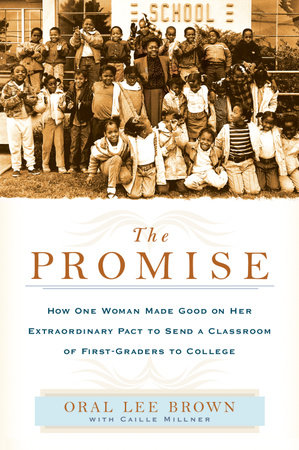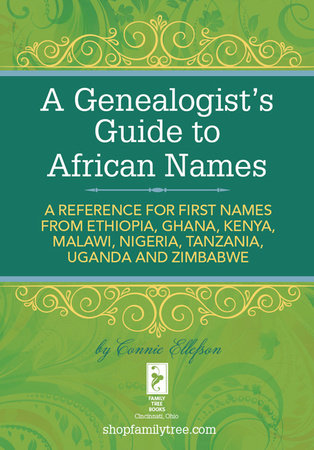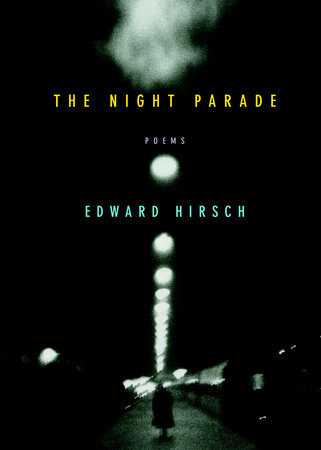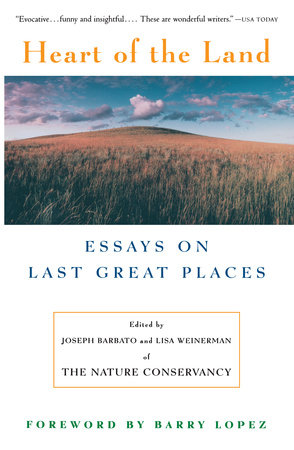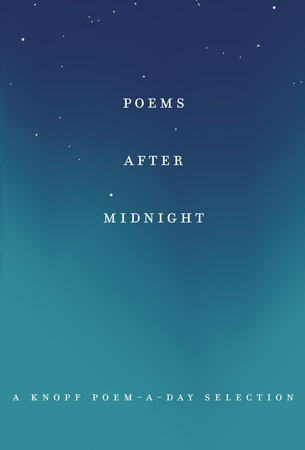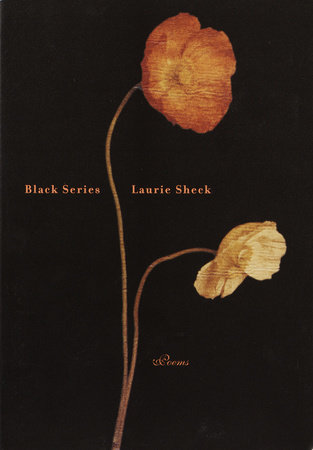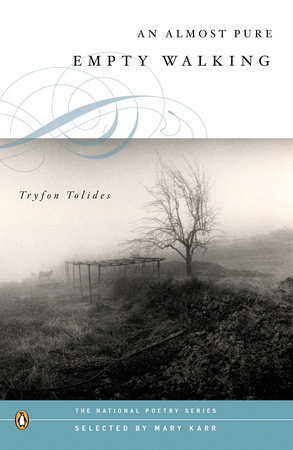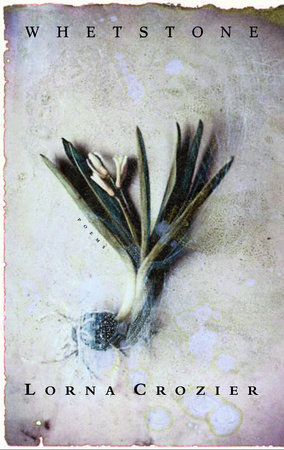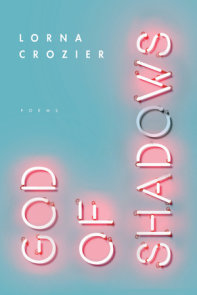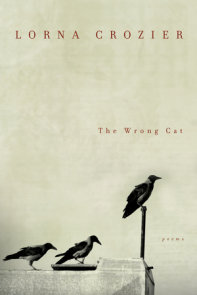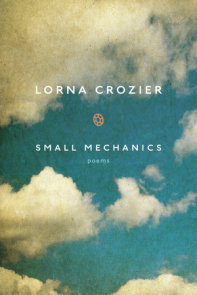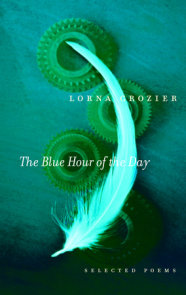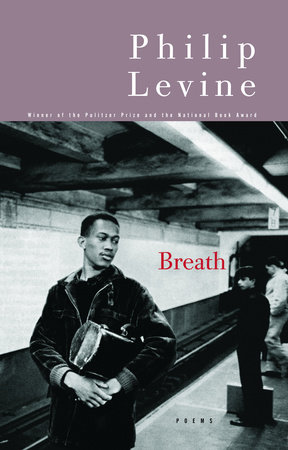Author Q&A
More about Whetstone
When we’re younger, we tend to separate the shadow from the light, as if we can draw a line and keep them apart. I used to think I could separate sorrow and grief and mourning and longing, and wrap it up and tuck it away. Now I know those things are with me always and they cast some shade on who I am and what I think I’ll be doing, on how I love and how I write. I have a long past now, and so I think the source for a lot of my creative work is dipping back into a longer darkness, and hopefully a richer one than what was there before.
When I look at my youth, and even at my early poetry, it’s more infused with the colour yellow –there’s a kind of brightness about it. I think and hope that’s still there, but I think the yellow has become more umber, more like an amber that’s been turned into a jewel, with dark flecks in it that are part of its beauty. Its marred now perhaps, and a little worn, but I think worn things can sometimes be more beautiful than new bright things.
When you’re younger, you think you’re going to find the answer to things. What I think I’m doing now – and what I think good poetry has always done – is attempting to pose the questions, and hopefully in a new and fresh way. Maybe the answers are even embedded in the well-asked question, the question that depends on imagery, anecdote, character, family memory, landscape, but it’s our task to keep those questions in the air.
On “Anonymity”
The poem was inspired by Carol Shields’s death. I was at a writers’ retreat when she died, and one of the monks came to the breakfast table and told the small group of writers who were there that he had heard on the radio that Carol had passed away. I got up from the table and went for a walk, and the first thought that came to me was, “Oh, now Carol will meet my dad.” Then I thought, what would that meeting be like? My dad was not a great conversationalist, and of course Carol was; you could not help but have a lively conversation with her. I started to imagine the two of them together in that place some people call Heaven, and I thought about Carol meeting my dad. And I wondered if he would introduce himself. Then I wondered if he was lost in Heaven, if he was as unknown in Heaven as he was when he was on earth. Thinking about him and Carol was what prompted this poem.
People have often asked what do you remember about someone who has been dead for fifteen years now. I remember the colour of my father’s eyes. I remember the beauty of his working man’s hands, the big knuckles and the long, elegant fingers, even though they were hands used to repair machines and not to play the piano. I remember the colour of his hair. I think I can almost get close to the smell of him. But I’ve lost his voice, that’s one of the things that has gone. I see him growing more shadowy around the edges, and maybe that’s why it’s so important to try to hang on to him in poems.
